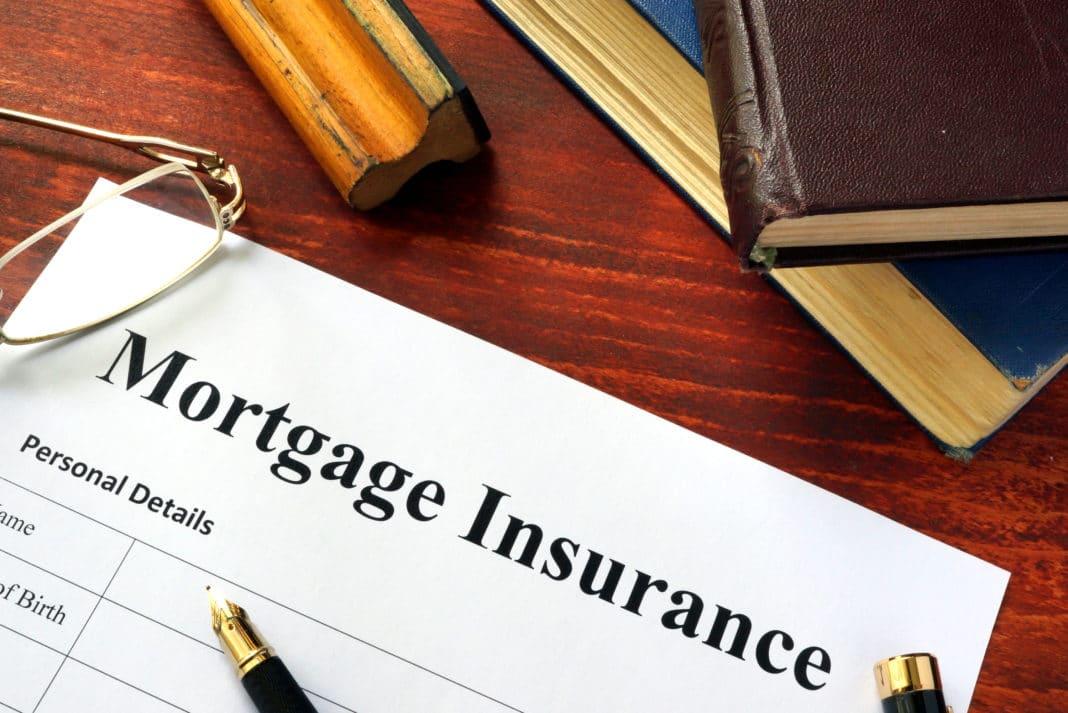Last Updated on July 1, 2024 by admin
Buying a home is a significant milestone for many, but it often requires a substantial financial commitment. For borrowers who are unable to put down a conventional down payment of 20%, mortgage insurance can serve as a viable solution. In this blog post, we will dive into the concept of mortgage insurance, its purpose, and the different types available in the market.
What Is Mortgage Insurance?
Mortgage insurance is a financial product designed to protect lenders in case the borrower defaults on their mortgage payments. It serves as a safety net for lending institutions, ensuring that they can recover their investment if the borrower is unable to fulfill their repayment obligations.
Mortgage insurance is typically required when the borrower makes a down payment of less than 20% of the home’s purchase price. Its primary purpose is to safeguard lenders against potential default risks associated with higher loan-to-value ratios, ensuring the loan is repaid even if the borrower defaults.
There are two main types of mortgage insurance: private mortgage insurance (PMI) and government-backed mortgage insurance.
Private mortgage insurance is provided by private companies and is required for conventional loans, which are not insured or guaranteed by the government.
On the other hand, government-backed mortgage insurance includes products like FHA (Federal Housing Administration) loans and VA (Department of Veterans Affairs) loans.
The cost of mortgage insurance varies depending on factors such as loan amount, credit score, and loan-to-value ratio.
How Does Mortgage Insurance Work?
When obtaining a mortgage, if the down payment is less than 20%, lenders typically require borrowers to purchase mortgage insurance. This insurance covers a portion of the lender’s losses in the event of default, reducing their level of risk. The borrower pays for this coverage through monthly premiums in addition to their mortgage payment until a certain loan-to-value threshold is achieved.
Types Of Mortgage Insurance
There are several types of mortgage insurance available to borrowers, each serving a specific purpose.
a) The most common type is Private Mortgage Insurance (PMI), which is typically required for conventional loans with a down payment of less than 20%. PMI protects the lender in case the borrower defaults on the loan.
The Private Mortgage Insurance (PMI): PMI is the most common type of mortgage insurance and is typically required for conventional loans. It is provided by private insurers and covers a percentage of the loan amount. PMI premiums vary based on factors such as the borrower’s credit score, down payment amount, and loan term.
b).Another type of mortgage insurance is Federal Housing Administration (FHA) Mortgage Insurance, which is required for FHA loans. The FHA loans are government-backed loans that allow borrowers to put down as little as 3.5% of the purchase price.
To minimize the risk to lenders, the Federal Housing Administration provides mortgage insurance for these loans. This insurance, often known as the FHA’s Mortgage Insurance Premium (MIP), is paid both upfront and as part of the monthly mortgage payment.
This insurance protects lenders against losses if the borrower fails to repay the loan. Additionally, there is Veterans Affairs (VA) Mortgage Insurance, exclusively available to military veterans and their eligible family members through VA loans.
This insurance protects lenders against default on VA loans and allows borrowers to obtain favorable terms without a down payment or PMI requirement. Lastly, there is also Lender-Paid Mortgage Insurance (LPMI), where the lender pays the mortgage insurance premium in exchange for a higher interest rate on the loan
c) Department of Veterans Affairs (VA) Funding Fee: VA loans are exclusively available to active military personnel, veterans, and their eligible spouses. Instead of mortgage insurance, borrowers pay a one-time funding fee which helps to fund VA’s loan guaranty program, serving as a form of protection for lenders.
d) U.S. Department of Agriculture (USDA) Loan Guarantee: The USDA offers loans with low-interest rates and zero-down payment options to borrowers in eligible rural areas. To protect lenders against potential defaults, the USDA provides a loan guarantee, which functions similarly to mortgage insurance.
How Does Mortgage Insurance Work?
Mortgage insurance is a crucial component of the home buying process, particularly for borrowers who are unable to make a substantial down payment. It serves as protection for lenders in case the borrower defaults on their mortgage payments.
When a borrower purchases a home with less than 20% down payment, mortgage insurance is generally required. How does mortgage insurance work? Essentially, the borrower pays an additional monthly premium to the lender, which covers the cost of this insurance.
The premium amount is determined based on factors such as loan-to-value ratio, credit score, and type of loan. In the event of default, mortgage insurance reimburses the lender for any losses incurred due to foreclosure or short sale.
This reduces the risk for lenders and enables them to offer mortgages with lower down payment requirements.
Understanding The Importance Of Mortgage Insurance
Mortgage insurance plays a vital role in the home buying process, particularly for those who are unable to make a substantial down payment.
Its primary purpose is to protect lenders against potential losses if borrowers default on their mortgage payments. This insurance coverage provides an added layer of security, giving lenders the confidence to offer loans with smaller down payments. For borrowers, mortgage insurance opens up opportunities that may have been otherwise unattainable.
Without it, many would be unable to afford a home or would have to wait longer to save for a larger down payment.
By reducing the risk for lenders, mortgage insurance allows borrowers with lower down payments or less-than-perfect credit scores to qualify for loans at competitive interest rates. It’s important to note that mortgage insurance is not permanent; it typically lasts until the borrower has built sufficient equity in their home or reaches a specific loan-to-value ratio.
- List of 9mobile/etisalat data Plan and subscription code - January 27, 2026
- How to buy data, Request and gift dataon Airtel - January 26, 2026
- How to buy Glo data plan and cancel data Renewal - January 24, 2026










